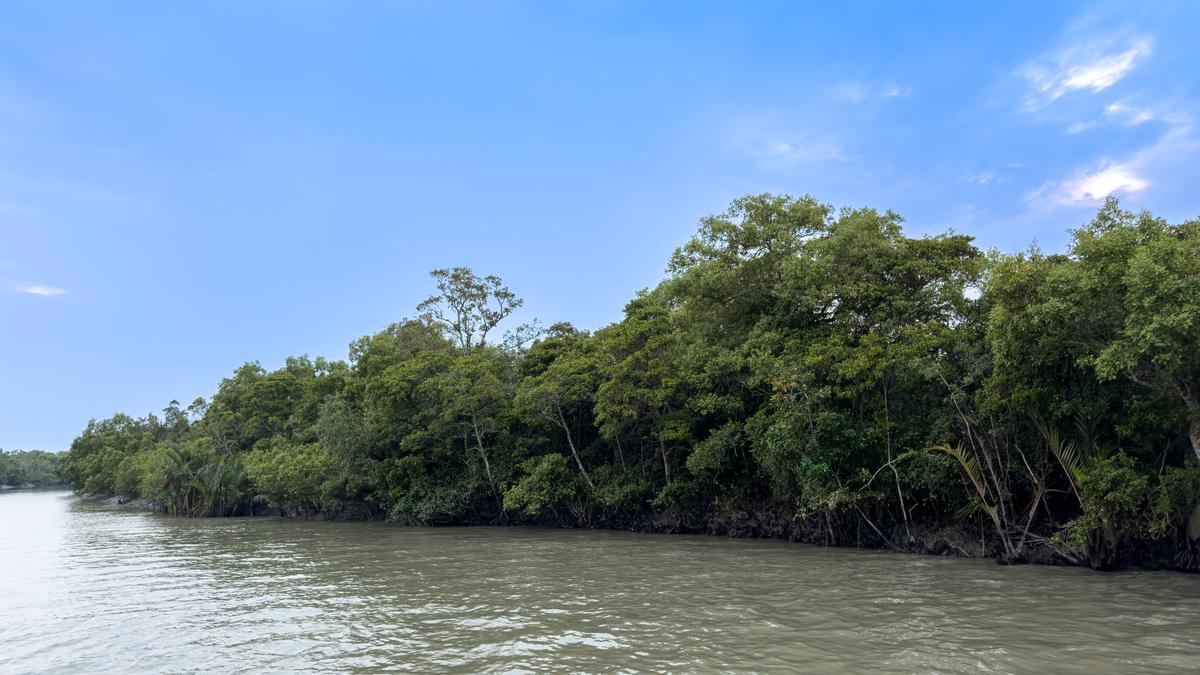Now Reading: Government Moves to Reclaim Abhimaan Studio Land Over Violations
-
01
Government Moves to Reclaim Abhimaan Studio Land Over Violations
Government Moves to Reclaim Abhimaan Studio Land Over Violations
Quick Summary
- Land Allotment Violation:
– Forest Minister Eshwar B. Khandre announced that teh land granted to late actor T.N. Balakrishna for setting up Abhimaan Studio violated its allotment conditions.
– Originally part of Turahalli State Forest (62 acres) declared reserve forest in 1935, 20 acres of this land was granted to Balakrishna in 1969 for ₹6,000 with the condition it would only be used for establishing a film studio.
- Subsequent Developments:
– In 2003, Balakrishna’s family was permitted to sell half the land (10 acres) on the condition that profits were reinvested into studio development-a condition which reportedly remains unfulfilled.
– An attempt is allegedly underway to sell the remaining parcel of land, causing further violation of usage terms.
- Government Action:
– A letter has been sent to the revenue Department requesting that this forest land be returned to the Forest Department.
- Future Plans:
– The government plans to develop a botanical garden on reclaimed land as Bengaluru faces rapid urban expansion and needs more green spaces.
- Legal context and Policy Alignment:
– On May 15, Supreme Court’s Chief Justice bench directed review of all forest lands leased/allotted for non-forest uses by a Special Investigation Team (SIT).
Indian Opinion Analysis
The issue underscores notable governance questions about adherence to environmental laws and proper usage of public resources like forest land. Transferring reserved forestland into private ownership-especially when terms are violated-risks weakening crucial ecological protections and sets potentially harmful precedents amid growing urbanization pressures in cities like Bengaluru. The government’s plan for converting reclaimed lands into botanical gardens reflects an effort aligned with urban sustainability as recent green space shortages have heightened concerns over livability standards in expanding cities.
Balancing developmental needs with environmental conservation remains a pressing challenge for state authorities.The involvement of judicial direction from India’s Supreme Court implies broader scrutiny over similar cases nationwide-this could bring greater enforcement rigor regarding equitable use of natural assets within legal frameworks going forward.
Read more at The Hindu

























